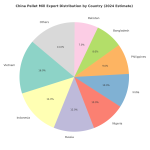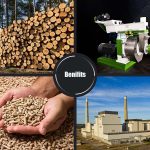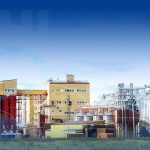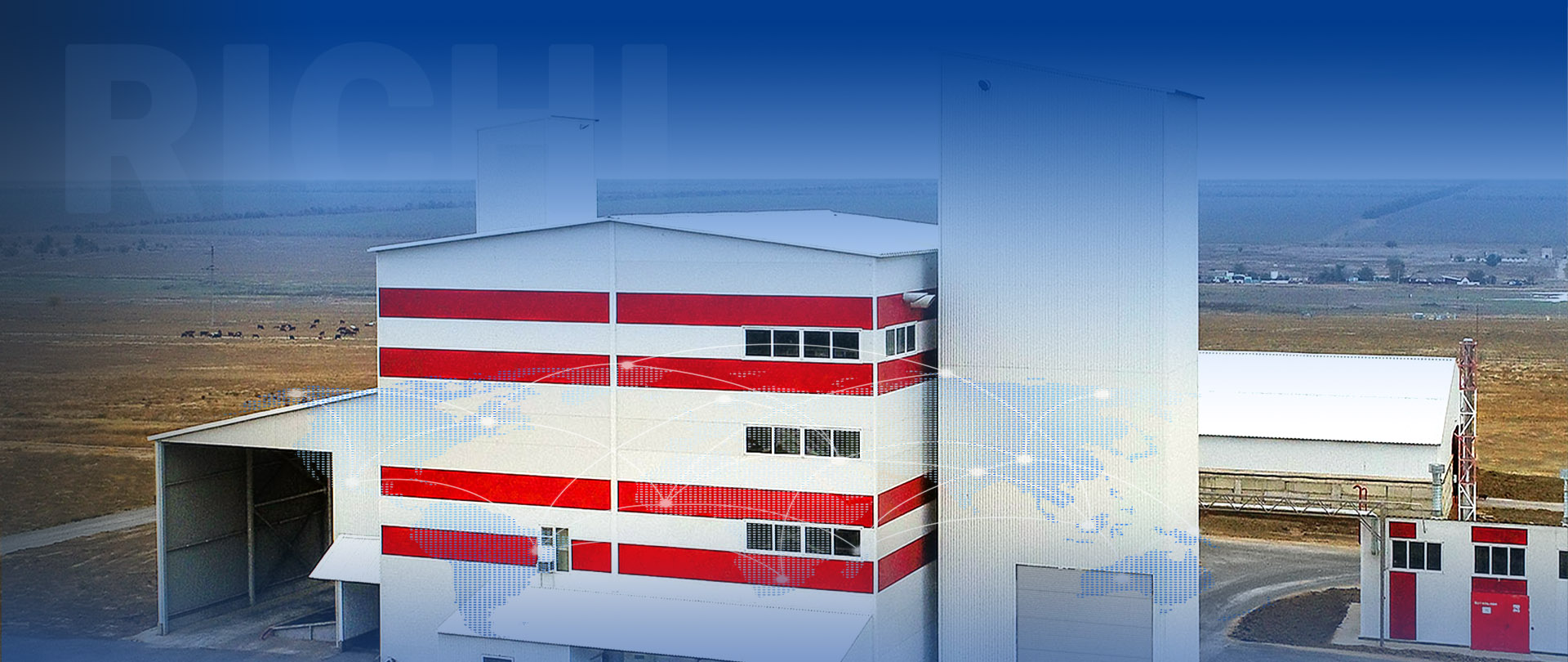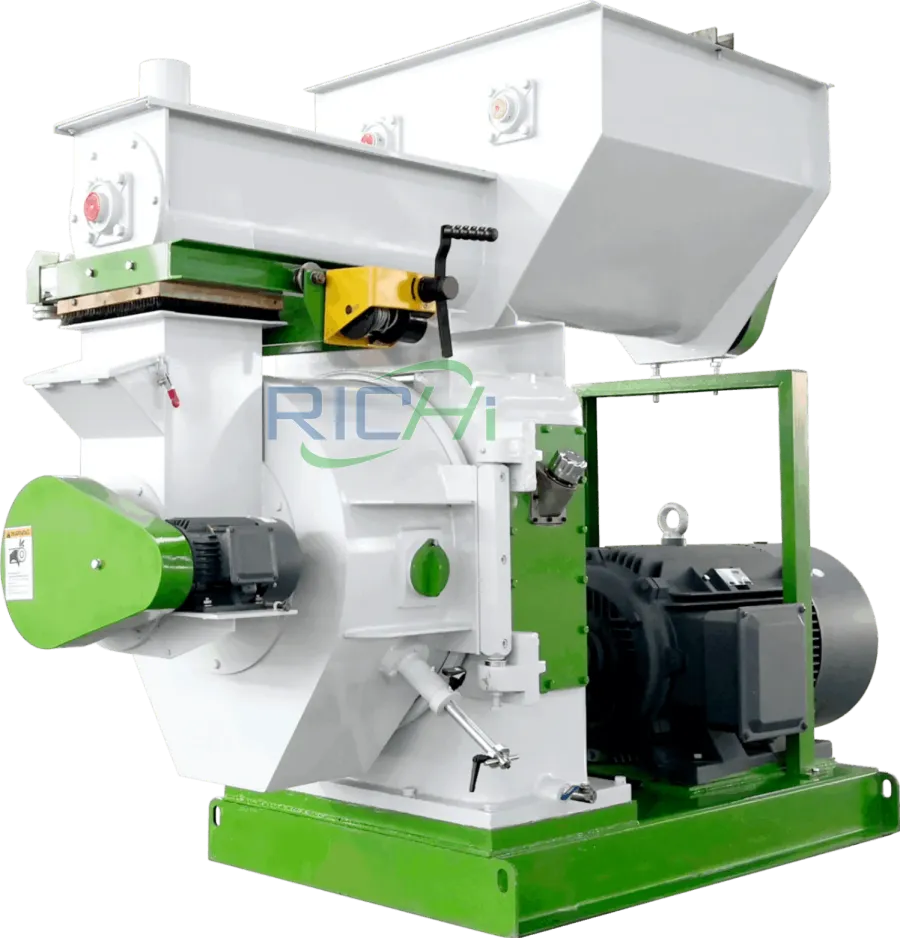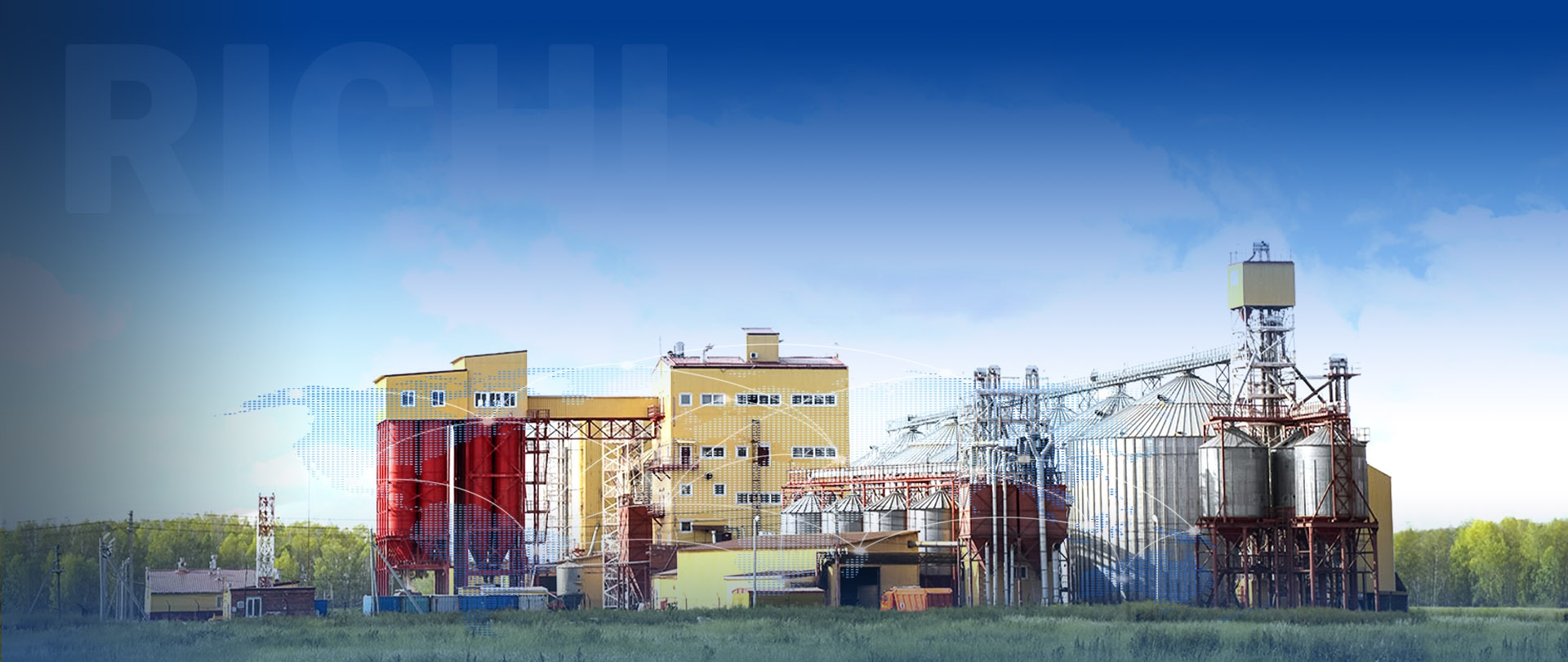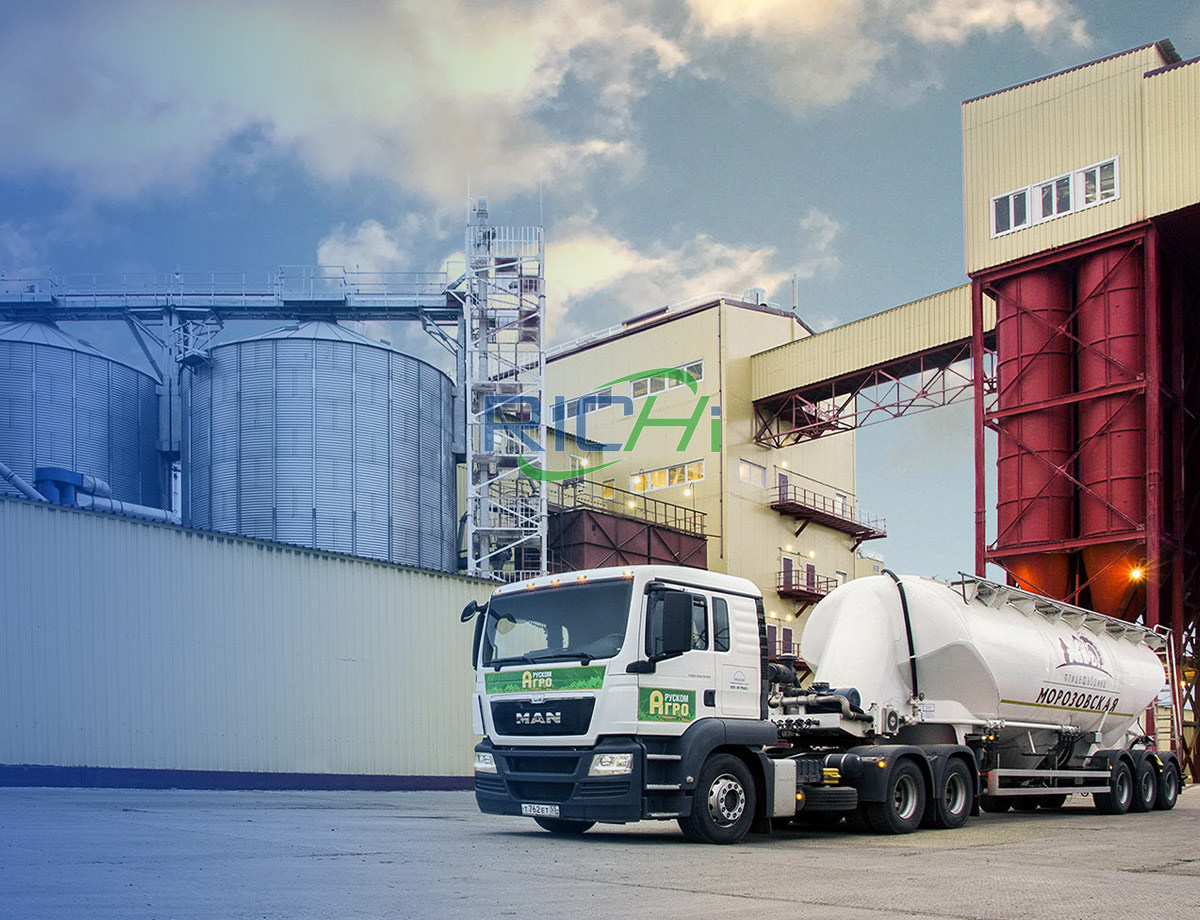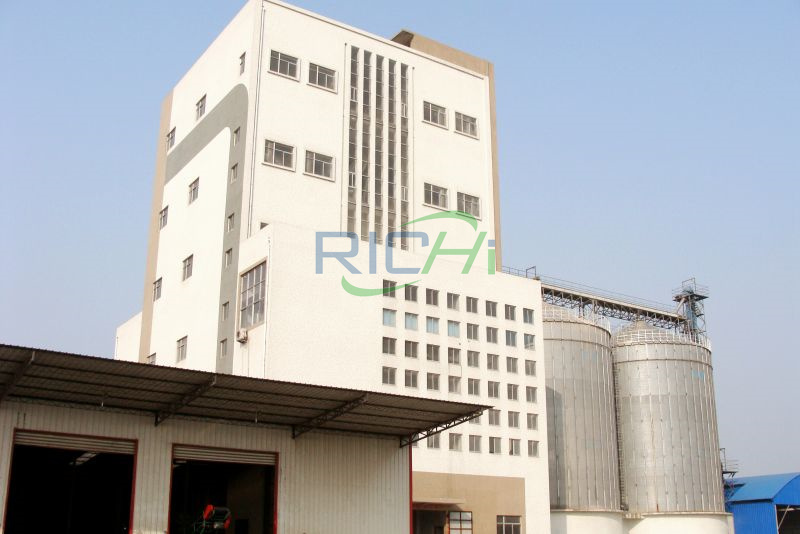In the ever-changing agricultural industry, the demand for high-quality animal feed is on the rise. Central to meeting this demand is the use of advanced animal feed plant machinery, which ensures efficient and effective production. A common inquiry among potential buyers is whether this machinery can be tailored to suit specific needs. This article delves into the possibilities of customizing animal feed plant machinery, the benefits of doing so, and key considerations when selecting the right equipment.
Understanding Customization in Animal Feed Plant Machinery
Customization in animal feed plant machinery refers to the ability to modify or adapt animal feed making machine and production processes to meet particular requirements. This could involve changes in machinery design, production capacity, configuration, and functionality. These modifications are typically based on the type of feed being produced, the scale of operations, and the unique needs of the business.
Types of Customization
- Capacity Adjustments: The production scale can vary significantly between different operations, and machinery can be customized accordingly. Whether the need is for a plant producing 1 ton per hour (T/H) or over 10 T/H, machinery can be adjusted to meet these specific demands. For instance, a medium-scale business might require a 5-7 T/H plant, whereas larger operations could need a setup capable of 10 T/H or more.
- Raw Material Compatibility: Customization can ensure that the machinery is compatible with the specific raw materials used in different types of animal feed, such as grains, legumes, or additives. This adaptability allows manufacturers to produce a variety of feed types, including pellets, mash, or crumbles.
- Process Design: The production process can be tailored to include specific stages, such as grinding, mixing, pelleting, cooling, and packaging. Customizing these stages can enhance production efficiency and ensure that the final product meets required quality standards.
- Automation and Control Systems: Many manufacturers offer advanced automation and control systems that can be customized to monitor and manage production processes. These systems might include sensors, Programmable Logic Controllers (PLCs), and data logging capabilities, all designed to optimize production operations.
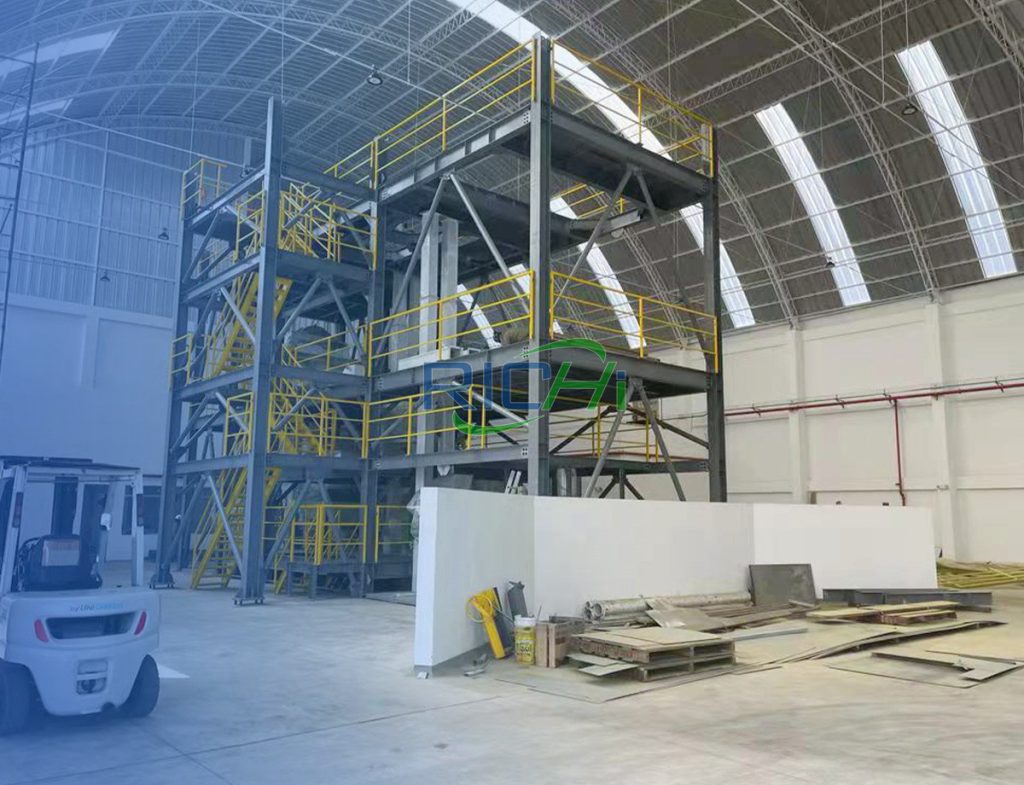
Benefits of Customization
- Enhanced Efficiency: Customized machinery can be designed to streamline production processes, reduce downtime, and improve overall efficiency. Tailored solutions help minimize waste and optimize resource use.
- Improved Product Quality: Customization enables precise adjustments to machinery, ensuring the final product meets specific nutritional standards and quality specifications—crucial for feed intended for livestock with particular dietary needs.
- Flexibility in Production: Customized equipment allows feed manufacturers to adapt to changing market demands and produce various types of feed without significant downtime or the need for new machinery investments.
- Cost-Effectiveness: While the initial cost of customized machinery may be higher, the long-term benefits—such as increased efficiency, reduced waste, and improved product quality—can lead to significant cost savings over time.
Key Considerations for Customizing Animal Feed Plant Machinery
When exploring customization options for animal feed plant machinery, several factors need to be considered:
- Assess Your Needs: Before pursuing customization, it’s important to thoroughly assess your production requirements. Consider the type of feed you intend to produce, the scale of production, and the specific raw materials you’ll be using.
- Consult with Manufacturers: Engage with reputable manufacturers who specialize in animal feed machinery. Discuss your requirements in detail and explore the customization options they offer. Companies like RICHI Machinery, GEMCO Energy, and Muyang Group are known for providing tailored solutions.
- Evaluate Costs: Customization may involve additional costs, so it’s crucial to evaluate the financial implications. Consider both the initial investment and the potential long-term savings that customized machinery can provide.
- Quality Assurance: Ensure that any customized machinery meets industry standards and regulations. Quality assurance is vital to maintaining the integrity of the feed produced and ensuring the safety of the animals consuming it.
- After-Sales Support: Choose manufacturers that offer comprehensive after-sales support, including installation, training, and maintenance services. This support is essential for ensuring that the customized machinery operates effectively and efficiently.
Conclusion
Animal feed plant machinery can indeed be customized to meet the specific needs of producers. Customization options range from capacity adjustments and raw material compatibility to process design and automation systems. The benefits of customization—including enhanced efficiency, improved product quality, and flexibility in production—make it an appealing option for feed manufacturers aiming to optimize their operations.
When considering customization, it’s essential to assess your production needs, consult with reputable animal feed manufacturing machine manufacturers, evaluate costs, ensure quality assurance, and seek robust after-sales support. By following these steps, you can invest in tailored machinery that not only meets market demands but also contributes to the long-term success and sustainability of your animal feed production business. As the industry continues to evolve, customized solutions will play an increasingly vital role in meeting the diverse needs of livestock producers and ensuring the availability of high-quality animal feed.
For details please contact: pellet line for sale
WhatsApp:86 138 3838 9622
Email:enquiry@richipelletmachine.com


